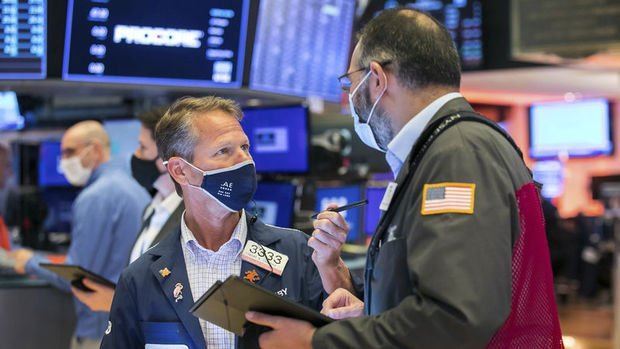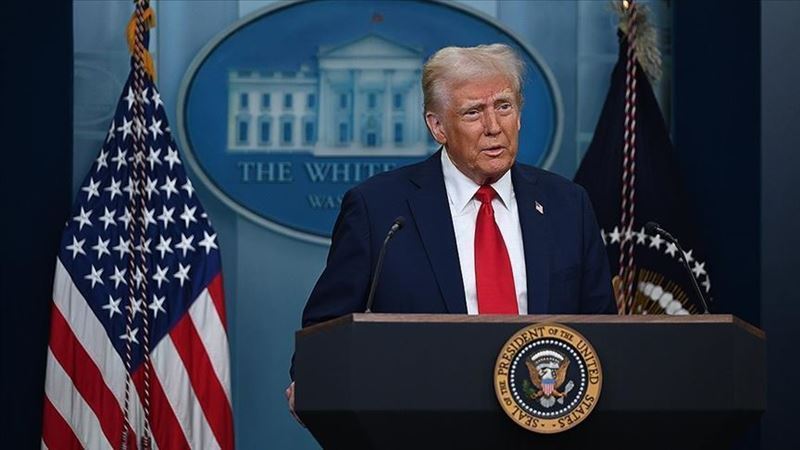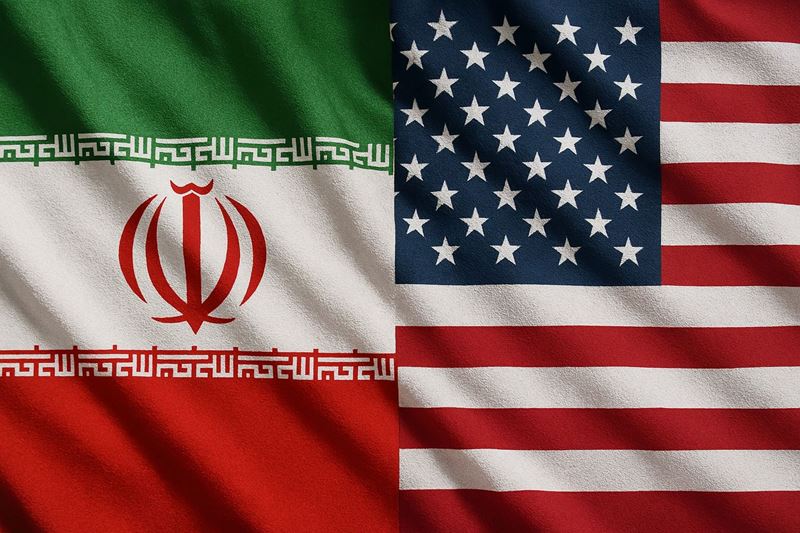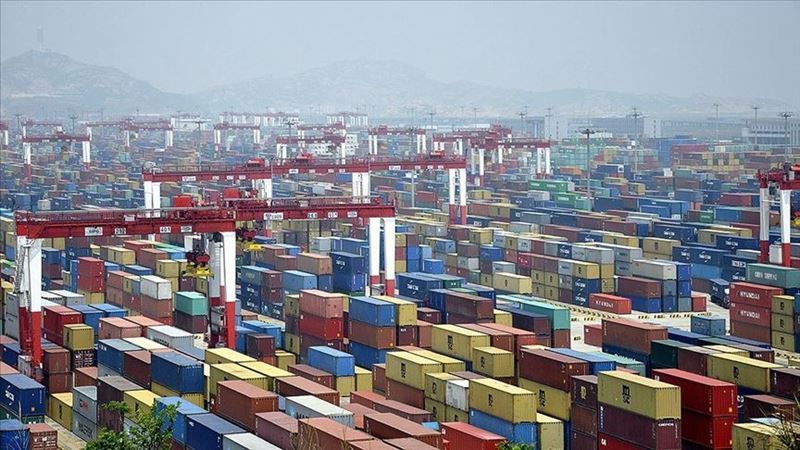After the images of Buça, new sanctions against Russia came to the fore, and oil prices started to climb.
The barrel price of US crude oil rose 5.5 percent in two days, approaching $ 105. The two-day rise in the price of a barrel of Brent oil is also over 4 percent, transactions are carried out at a level close to $ 109.
While the rise in oil prices put pressure on US and European futures indices, Asian indices are fluctuating. The Japanese yen appreciated after the interventionist statements of Bank of Japan Governor Haruhiko Kuroda. Kuroda pointed out that the depreciation of the yen has "accelerated relatively" recently.
Inflation in South Korea rose to 4.1 percent in March, its highest level since 2011, while the country's central bank warned that the rise in prices could continue. Japan's Nikkei rose modestly on the back of the 225 yen recovery, while South Korea's Kospi index was slightly negative. Chinese and Hong Kong markets are on holiday today.
While the US 10-year bond yield rose to 2.42%, the Bloomberg Dollar Index fell slightly to 1.195.
Russia step from the US Treasury
The US Treasury Department of Foreign Assets Control (OFAC) has stopped payments of dollar-denominated bonds made from accounts belonging to the Russian government at American financial institutions, according to Bloomberg's information from the official with knowledge of the subject. In other words, Russia will not be able to use its reserves in the USA for these payments.
The official stated that with this step, Russia will be forced to choose one of three options that are not very attractive, and listed these options as "destroying the dollar reserves in its own country", "spending the new revenues" and "to default".
The decision came after footage of Bucha emerged on Monday, when Russia made a major bond payment.
On March 2, the U.S. Treasury issued a general authorization allowing people in the United States to receive bond payments from the Russian Central Bank until May 25. Russia can still get paid for oil and gas, as sanctions imposed on the country by the US and its allies exclude energy transactions. The Central Bank of Russia announced last week that foreign exchange and gold reserves fell to $604.4 billion as of March 25, the lowest level since August. This marks a $38.8 billion drop from its peak in February as reserves begin to erode since the Ukrainian invasion.











Comments
No comment yet.